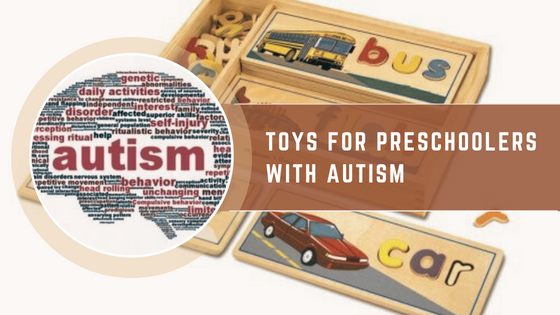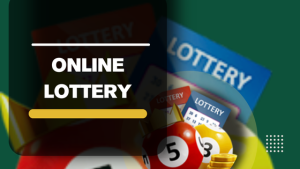Preschoolers with autism spectrum disorder (ASD) experience the world in unique ways and require special support in their development. One significant aid in their learning process is through educational toys that are specifically designed to cater to their needs. Such toys are not merely playthings but act as foundational tools for enhancing various skill sets.
The Role of Educational Toys in Supporting Preschoolers with Autism
Educational toys for preschoolers with autism are vital as they aid in introducing concepts and skills in an enjoyable and relatable way. These toys help to build upon developmental milestones expected at the preschool level, such as fine and gross motor skills, basic problem-solving, and the beginnings of social play.
Sensory Integration
At the preschool level, autistic children can benefit greatly from sensory play. Toys that stimulate touch, vision, and hearing can help them learn to process sensory information more effectively, often reducing sensory-related issues. Sensory bins, textured balls, and water play mats are examples of toys that can positively affect sensory integration in young children with autism.
Developing Communication Skills
Preschool is a critical time for developing communication skills. Non-verbal autistic children, or those with limited speech, can use educational toys like the Picture Exchange Communication System (PECS) to learn basic communication. Other tools like interactive dolls or figures can also encourage vocalization and the use of language in a safe, play-based setting.
Enhancing Social Skills
Social interaction is a challenging area for many autistic preschoolers. Cooperative games and toys that require sharing and taking turns can be effective in teaching these important life skills. Toy sets with multiple pieces, such as train tracks or building blocks, can promote cooperative play with peers and caregivers.
Cognitive and Problem-Solving
For cognitive development and problem-solving, toys that challenge a child’s understanding and encourage thinking are beneficial. Simple puzzles, shape sorters, and stackers are examples of educational toys that can help improve a preschooler’s cognitive abilities.

Examples of Educational Toys Suited for Preschoolers with Autism
Here’s a look at some tailored educational toys that can be especially beneficial for preschoolers with autism:
1. Textured Sensory Balls
These balls help improve tactile sensation and coordination and can be used in a variety of play activities to engage autistic preschoolers in sensory exploration.
2. Simple Wooden Puzzles
Wooden puzzles with large pieces are perfect for small hands to work on fine motor skills and problem-solving while also fostering a sense of achievement.
3. Weighted Stuffed Animals
For many preschoolers with autism, a weighted plush toy can provide much-needed sensory feedback and comfort, especially during periods of transition or stress.
4. Character Play Sets
Play sets that have a variety of characters can help children with ASD engage in imaginative play, which is an important part of social development.
5. Interactive Learning Apps
Interactive apps can captivate preschoolers with autism, teaching them everything from daily routines to basic academic skills in a format that can be easily understood and controlled.
Conclusion
For preschoolers with autism, the world is a place of discovery, and educational toys are the keys to uncovering its wonders. These toys serve not just as sources of enjoyment but as bridges to essential developmental milestones, facilitating growth in communication, social interaction, and cognitive skills. By thoughtfully choosing and offering educational toys, we can provide a nurturing environment that caters to the learning preferences of each autistic preschooler, ensuring they have the tools they need to thrive and engage with the world around them.


